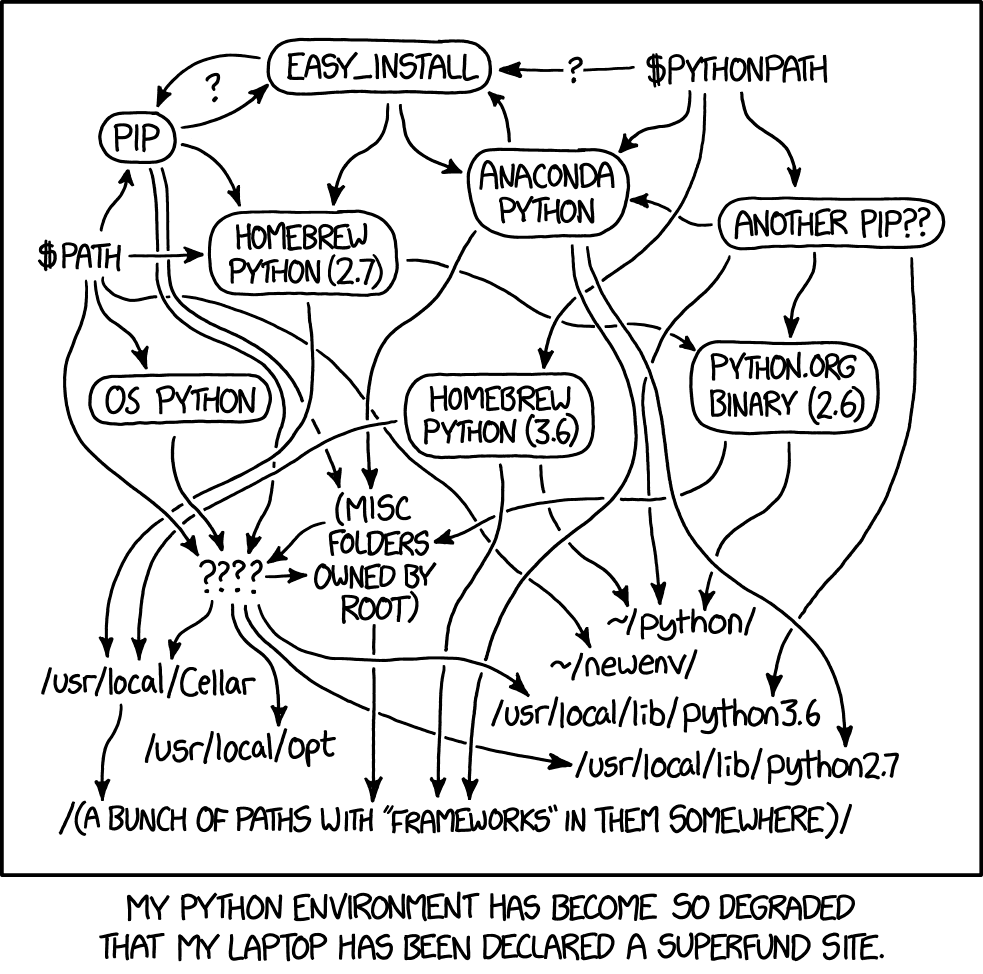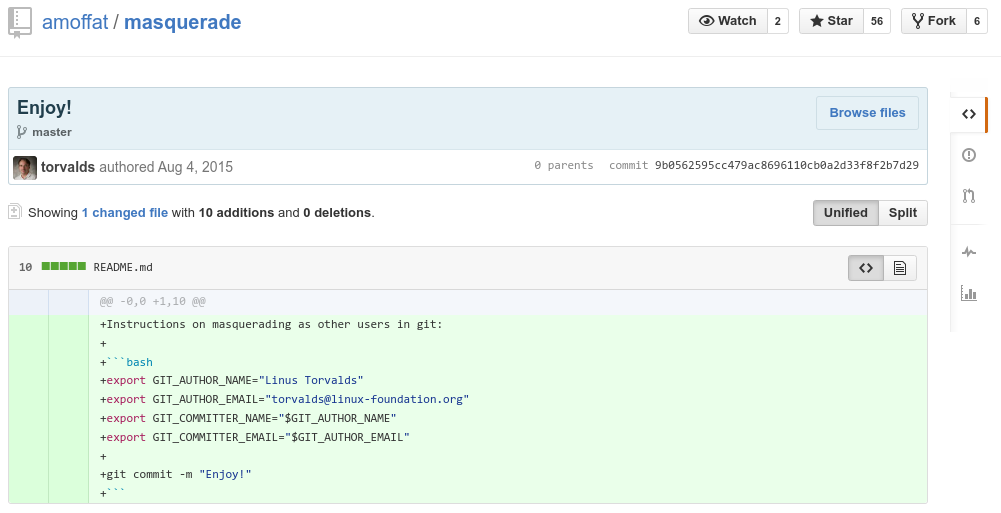Posts in tutorials
🪄 Install asdf: One Runtime Manager to Rule All Dev Environments
- 21 April 2024
Almost everyone I know who uses a computer, for fun or work, is overtaken by a slight nervousness when installing a new library, package, service or application on their operating system. The horror stories underpinning these reservations vary slightly between Linux, Unix, Windows and MacOS users, but everyone knows, regardless of preferred ecosystem, that installing software can do a number on their computer and the task should not be taken lightly. Especially for programmers, that struggle is no stranger. Therefore, any tool looking to simplify this task and eliminate potential points of failure is, in my book, a very welcome occurrence.

📦 Multiple Git Configurations and Identities with Folder-Dependent Includes for GitLab, GitHub et al
- 14 November 2023
People, shout out to some of my friends and collegues, like to configure their development environments in a myriad of ways. Even setting one’s Git author identity, a seemingly boring and mundane task, is sometimes approached in the most creative ways. This, of course, includes not only configuring git, the tool itself, but also any relevant repositories as well as the platforms where those eventually end up hosted. In this brief tutorial I show how to properly handle multiple identities and configurations as well as how to manage Git projects which might be spread throughout multiple Git backends.
Please beware this tutorial will likely only be relevant or interesting to you if you already have some experience with Git, otherwise this sort of setup may feel like unnecessary or overly complicated. In case you are new to Git, I highly recommend you go through Git for Beginners: Zero to Hero 🐙 and also have a look at Git Cheatsheet: Commands, Tips and Tricks 📝.

Git for Beginners: Zero to Hero 🐙
- 18 June 2023
Git plays a crucial role in the software development industry and should therefore be part of every developer’s toolkit. Both experienced and beginner developers can increase their productivity by leveraging a code versioning system as powerful as git. Unfortunately, introductory materials are often either too shallow, making readers feel like they only scratched the surface, or too long-winded, diving into details which needn’t interest everybody.
Seeing as colleagues and students often ask me about good, self-contained guides, I decided to republish this guide for git beginners as well as those looking for a refresher.
